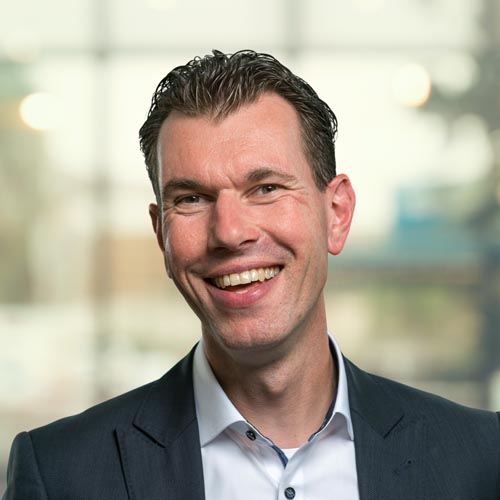
Flexible production of tailormade medication
Medication precisely tailored to the user in terms of dosage, release profile and shape. Produced with 3D printers, on demand and on site. Sounds like science fiction? At TNO we make it possible.
Accurate and efficient dosing
Drugs are generally manufactured in standard doses and shapes. Yet each patient is different and has individual needs. For example, children often require lower doses than adults, and many patients struggle to swallow standard-sized tablets. Consequently, healthcare providers in hospitals and compounding pharmacies frequently resort to manual processes like breaking or crushing tablets, a labour-intensive process that makes it hard to get the dosage right.
An innovative solution from TNO solves this problem. Our team of experts in 3D pharma printing has extensive experience in the field, and, in recent years, focused on 3D medication printing. Thanks to innovative printing techniques, we have now managed to accurately and quickly print personalised medication according to the user's profile and preferences.
We can tailor the dosage precisely to each patient and customize the shape of the tablet. Additionally, we have the capability to combine different medications and release profiles into a single tablet. Looking ahead, incorporating personalised taste options is also a promising possibility.
Fewer side effects and better intake
This offers many opportunities and benefits. Customising dosages to individual patients reduces the risk of side effects. Choosing shapes that are easier to swallow and allowing patients to choose their tablet flavour enhances acceptability and improves adherence to medication. This approach benefits not only patients and caregivers but also helps lower healthcare costs for society.
The possibility of combining multiple medications and release profiles also offers opportunities. Many elderly people have to take as many as 10 to 15 different medications a day. If these are combined into one or two tablets (‘polypills’), side effects are minimised and there is less chance of them forgetting it.
Decentralised production in hospital or pharmacy
With 3D printing, medication is produced from start to finish by just one machine. This enables decentralised production. Imagine that every pharmacy and hospital has its own 3D printer. The doctor's prescription can then be printed directly on site. No more hassle with delivery times, and no more stocks to throw away. Moreover, 3D printing would remove the need of manual preparations of medication including breaking or crushing tablets. By automating these processes, pharmacists will have more time to focus on other essential tasks.
This is not science fiction: the technology is already there. Erasmus Hospital MC is now going to provide the first patients with personalised printed medication. Meanwhile, we at TNO are further developing the technology. Soon, it will be possible to print a broad range of medications. And the future will also include the ability to print so-called "potent drugs" that require careful handling due to toxic materials that are now handled manually. This creates a safer workspace for pharmacy personnel. We foresee that by 2030 a large number of pharmacies and hospitals will have their own 3D printer.
Printing smart wound bandages
Our innovation also has broader applications. For instance, 3D printing of medication can offer advantages for the development of new drugs. Because medications can be printed directly, on site and in small quantities, modifications are relatively simple and quick to make. And testing can be done at an earlier stage. This can save a lot of money.
Our precise technology also makes it possible to print other medical devices. Consider, for example, implants or custom-printed ‘smart’ wound bandages, which release the required amount of medication thanks to sensors. Finally, personalised medication offers opportunities to use health data in new ways. For instance, data from ‘wearables’ can be used to tailor medication exactly to a person's needs.
Why TNO?
We have over 30 years of experience in 3D printing and can therefore develop highly advanced and accurate machines. Thanks to our extensive knowledge, we can also help companies build machines on existing 3D platforms.
We work closely with the pharmaceutical industry and healthcare partners such as Erasmus MC, drawing on their knowledge of patient experience and medical requirements. This allows us to guarantee that our innovation is safe and complies with all medical regulations.
We focus on the commercial opportunities of our innovations as well as the benefits for the patient, healthcare sector and society. This allows us to think along with you about solutions that benefit everyone.
Get inspired
Flexible manufacturing

Smart work: how man and machine cooperate effectively


